Jean Eustache | 2hr 3min

Life is not measured by months or seasons during the year that Daniel spends with his estranged mother in Narbonne, but rather by memories drifting by in their own timeless dimension. “How long were we there? Two hours? More?” his voiceover ponders while lying next to Françoise in the long, dry grass after their first kiss, grasping at however many minutes they have left together. It is only now as he approaches the date marking his return to his hometown of Pessac that time becomes a tangible limitation in My Little Loves, threatening to halt his emergence into adolescence. How could his old childhood friends possibly understand all that he has experienced in Narbonne, and the dauntingly seductive glimpse of adulthood that has been endowed upon him?
Through the nostalgic, mundane minutia that Jean Eustache composes in My Little Loves, Daniel’s self-discovery gradually unfolds. He is a quiet observer of the world who learns through imitation, reflects its lessons back into society, and hopes to gain some admiration from his peers along the way. Before moving away from his hometown, this takes the innocent form of a magic trick he picked up from a travelling daredevil act, yet when he surrounds himself with the older boys in Narbonne his influences become far more adult orientated. At the local cinema where teenagers go to make out, Daniel uses the moves being performed by his peers and the actors onscreen to crack onto a girl sitting in front of him, before quickly leaving once he has successfully procured a kiss.
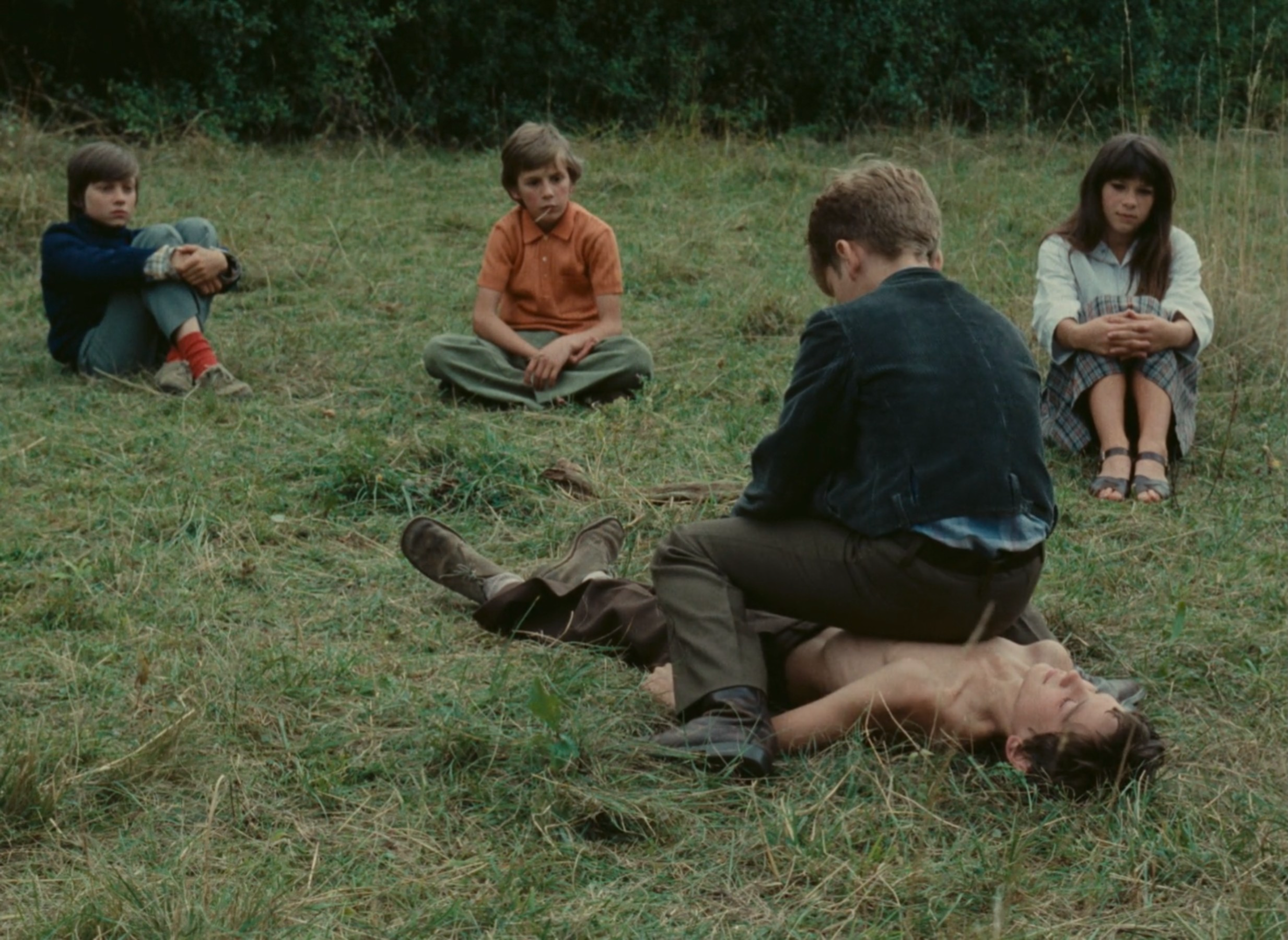
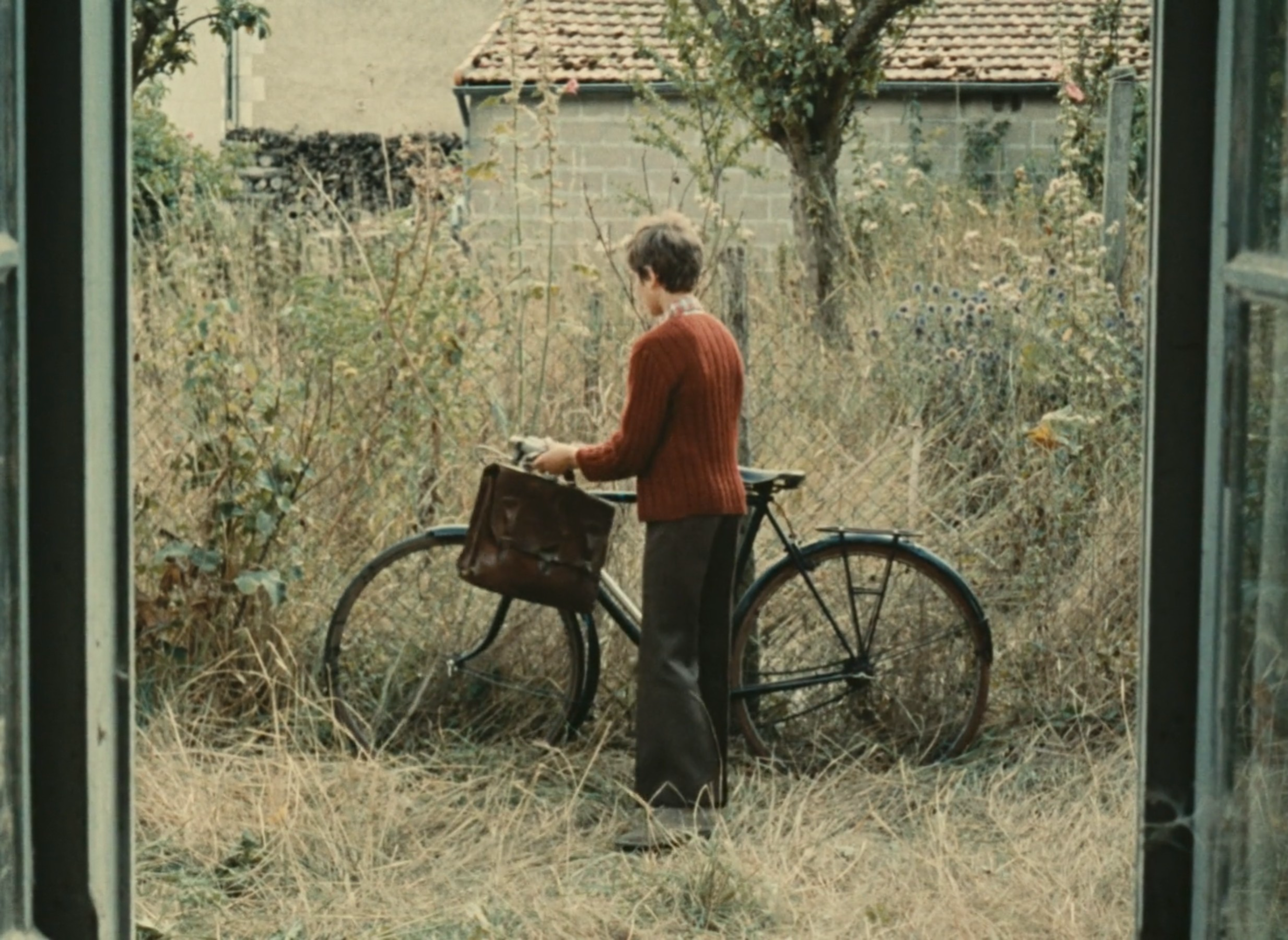
Although this film takes a far brighter, more languid tone than the highly verbose character study of The Mother and the Whore, Eustache’s admiration of François Truffaut’s avant-garde storytelling remains just as present. Much like The 400 Blows, My Little Loves dedicates its realism to the study of a boy on the verge of adolescence, grappling with the expectations of a restrictive society while seeking to understand his own nascent masculinity.
Quite dominant in this struggle is Daniel’s thirst for an academic education that his mother cannot afford, with his only lessons now coming from the moped repair shop where he is forced to work. The brown wall of tools become a recurring backdrop to his wasted days here, leaving the regular passersby glimpsed outside the window as his only entertainment – a woman who consistently visits the same corner to kiss different men, for instance, and a young mother who frequently strolls by with her pram. Daniel falls asleep thinking about her, his voiceover divulges, as Eustache frames her in a dreamy vignette effect that seems right out of Truffaut’s playbook.
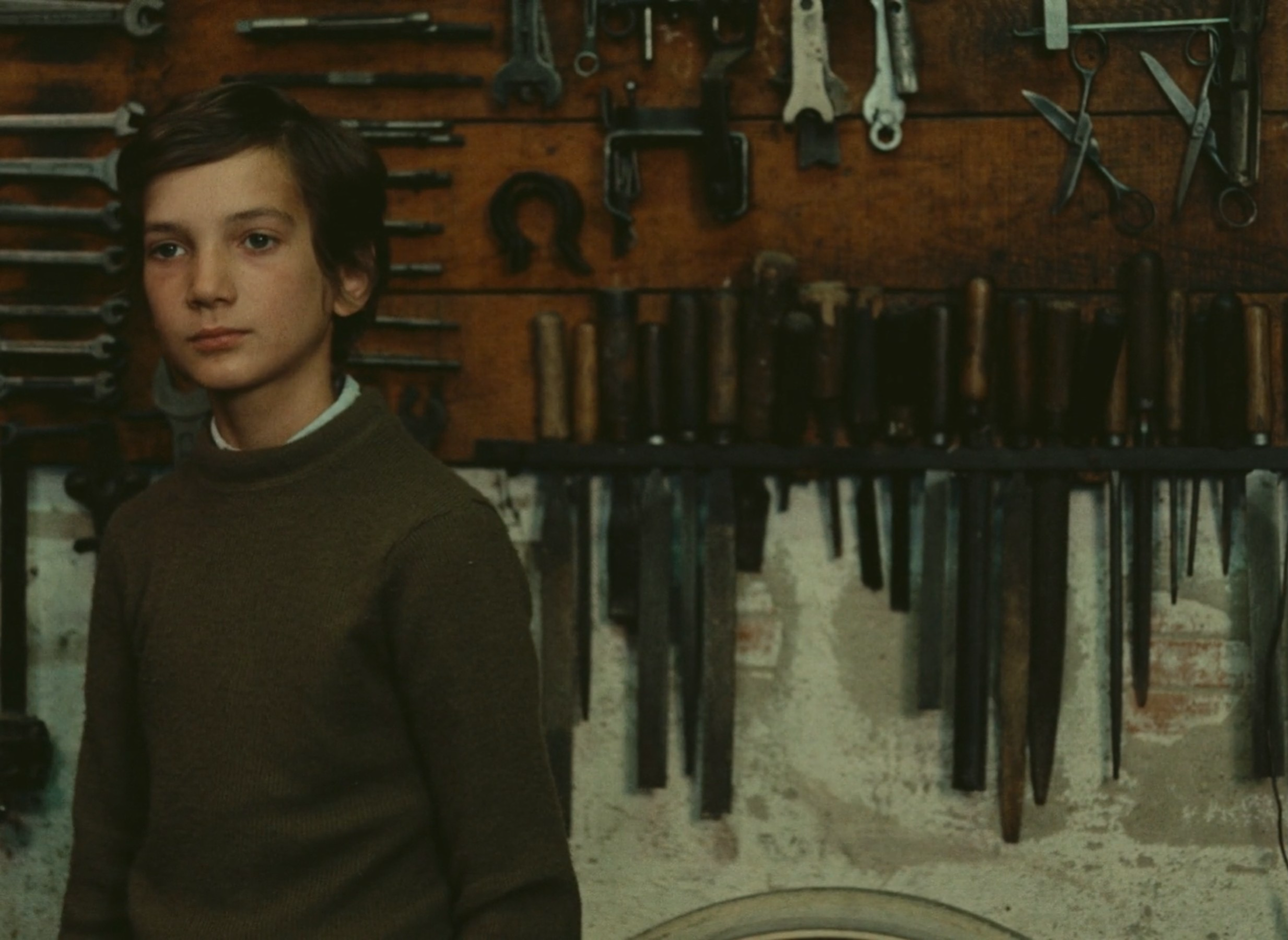
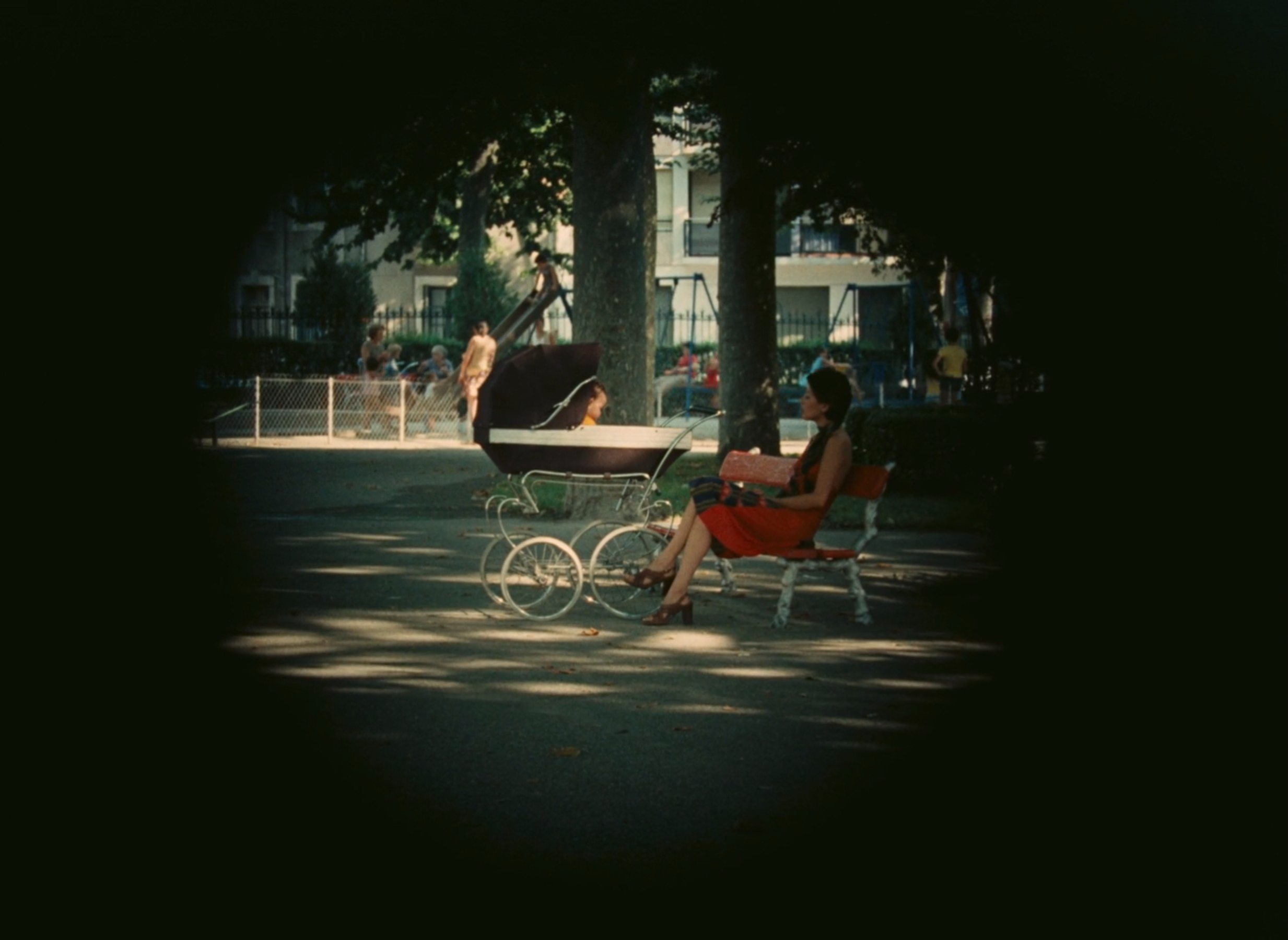
Very gradually, this repetition of familiar elements develops a mundane, formal rhythm in My Little Loves, aided by the elliptical fades to black between scenes. Daniel’s matter-of-fact voiceover does not dwell too long on sentiment or poetry, but rather offers a reflective, Bressonian distance from his emotions, which even he frequently struggles to comprehend. There is no reason to rush into adulthood at his age, and so there is equally no need for Eustache to artificially raise the stakes with disingenuous plot contrivances. Character tension emerges organically as Daniel tentatively wades through uncertain waters, choosing to remain silent when a pair of customers complain about today’s youth, while elsewhere letting his actions speak loudly by stealing back his crush Françoise from his more audacious friends.
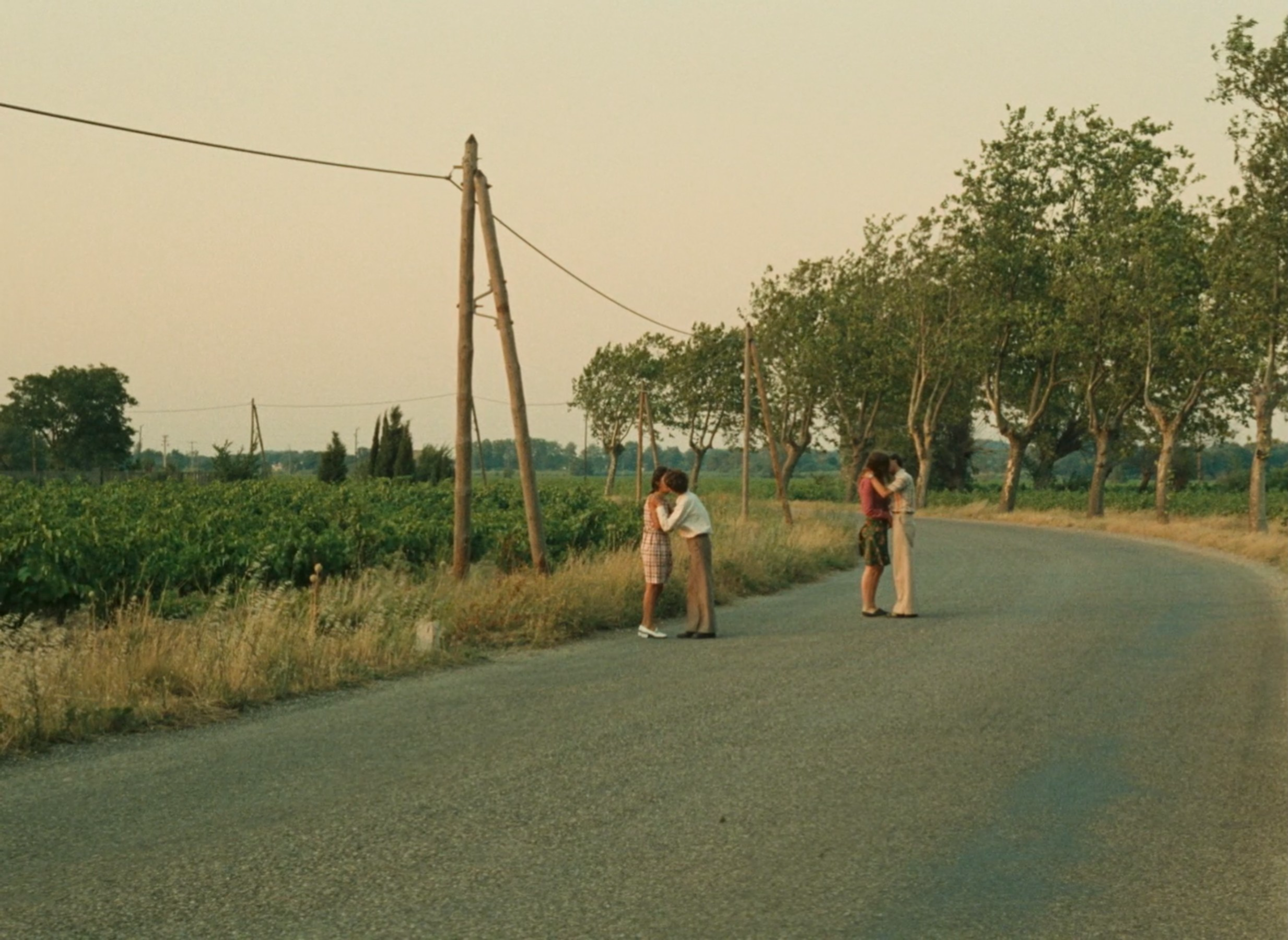
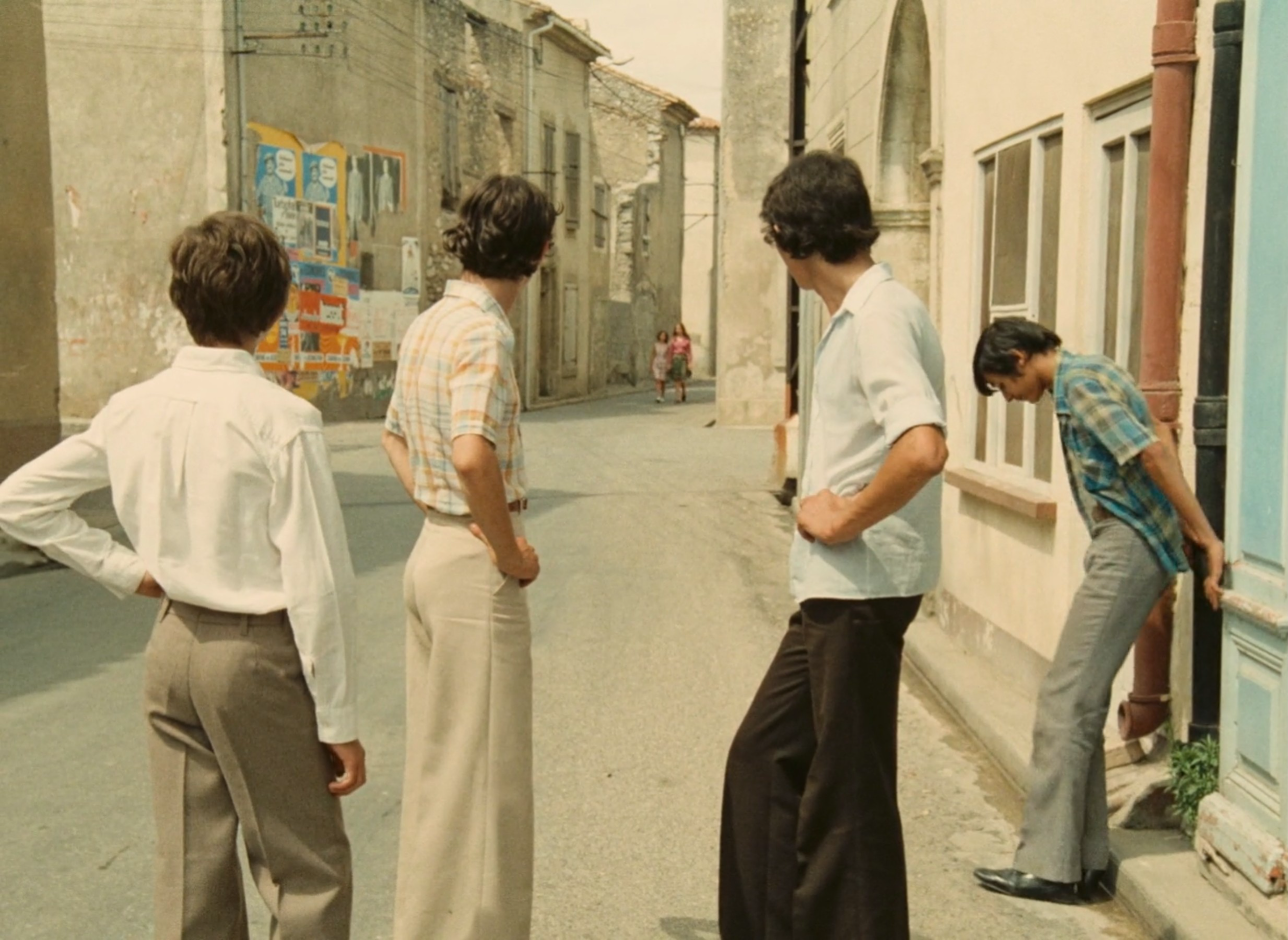
This film evidently forms a crucial link between The 400 Blows and Richard Linklater’s plotless coming-of-age films some decades later, though within that cinematic lineage as well is Eustache’s contemporary, Eric Rohmer. There is an affinity between the colour photography of his post-New Wave work and the visual warmth of My Little Loves, giving each shot the impression of an old, faded photograph taken in the heat of a French summer. Their penchant for composing stylistic frames through windows and doorways further links both auteurs too, even if Eustache is clearly far more comfortable directing less talkative protagonists than Rohmer, often letting dialogue drop away to dwell on the picturesque scenery of Pessac and Narbonne. Tree-lined walkways bisect lush parks and rural roads run next to dry, yellow fields, hosting Daniel’s wandering journeys as he bikes and ambles through landscapes handsomely shot by Rohmer’s regular cinematographer, Néstor Almendros.
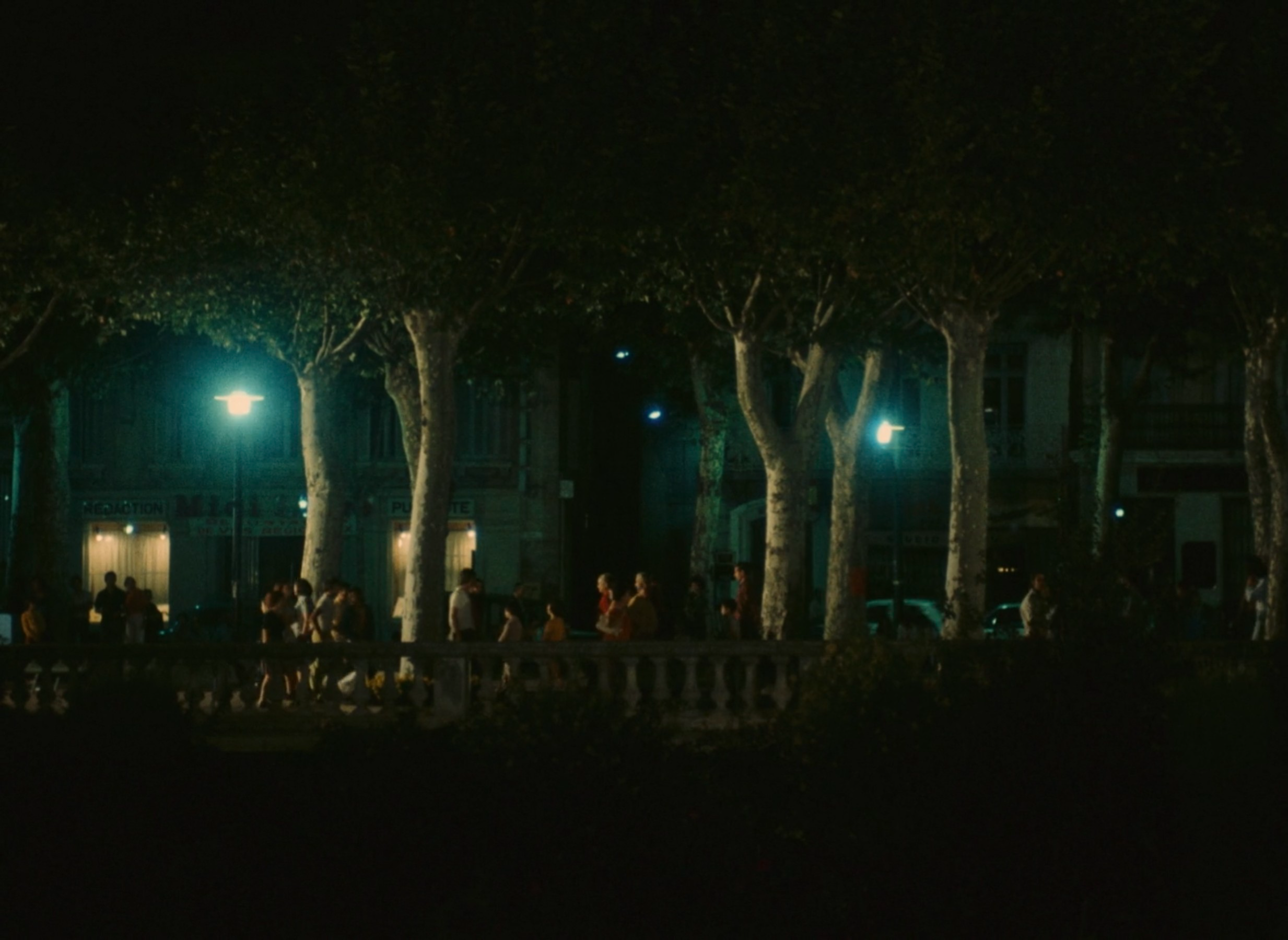
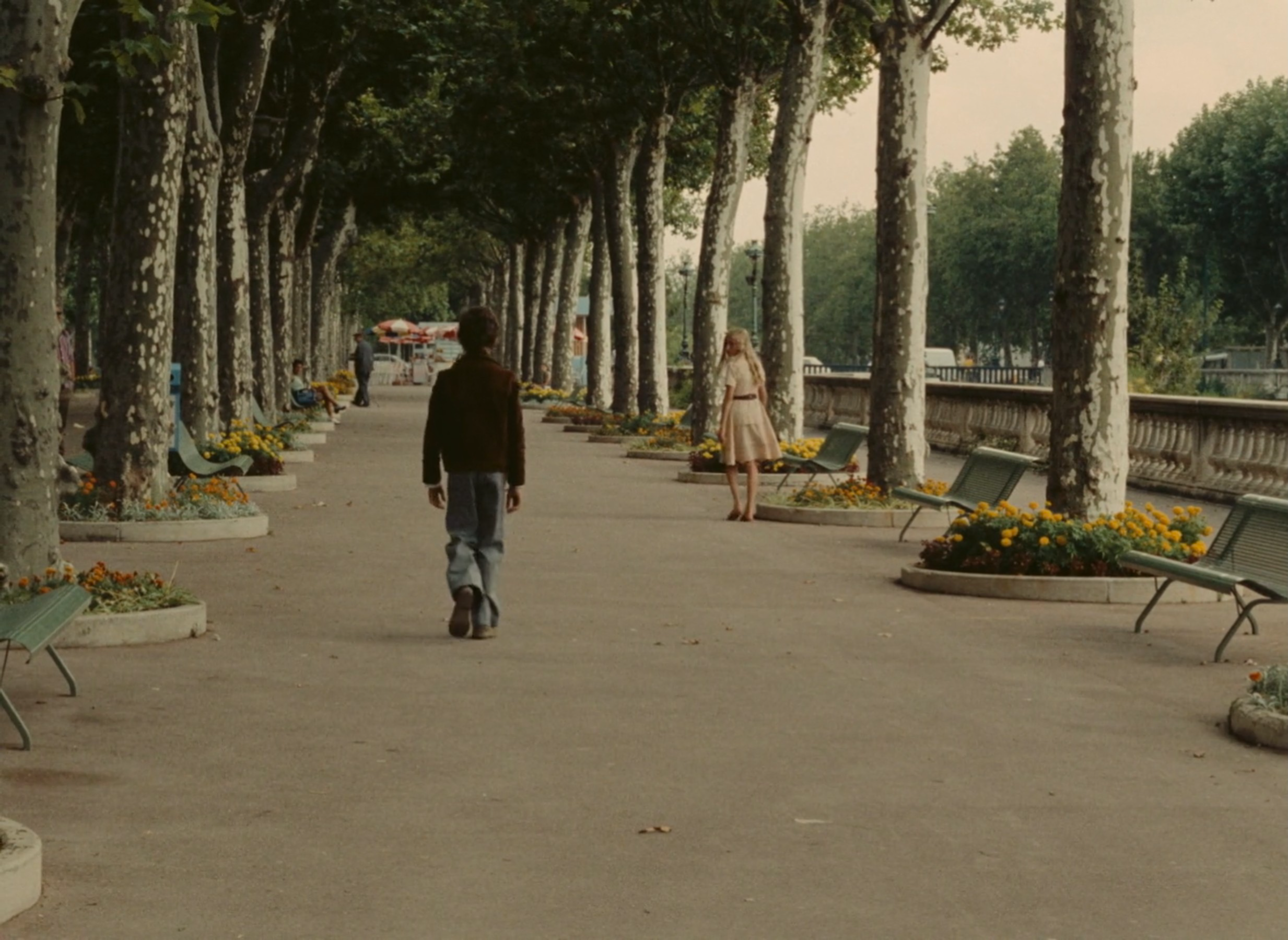
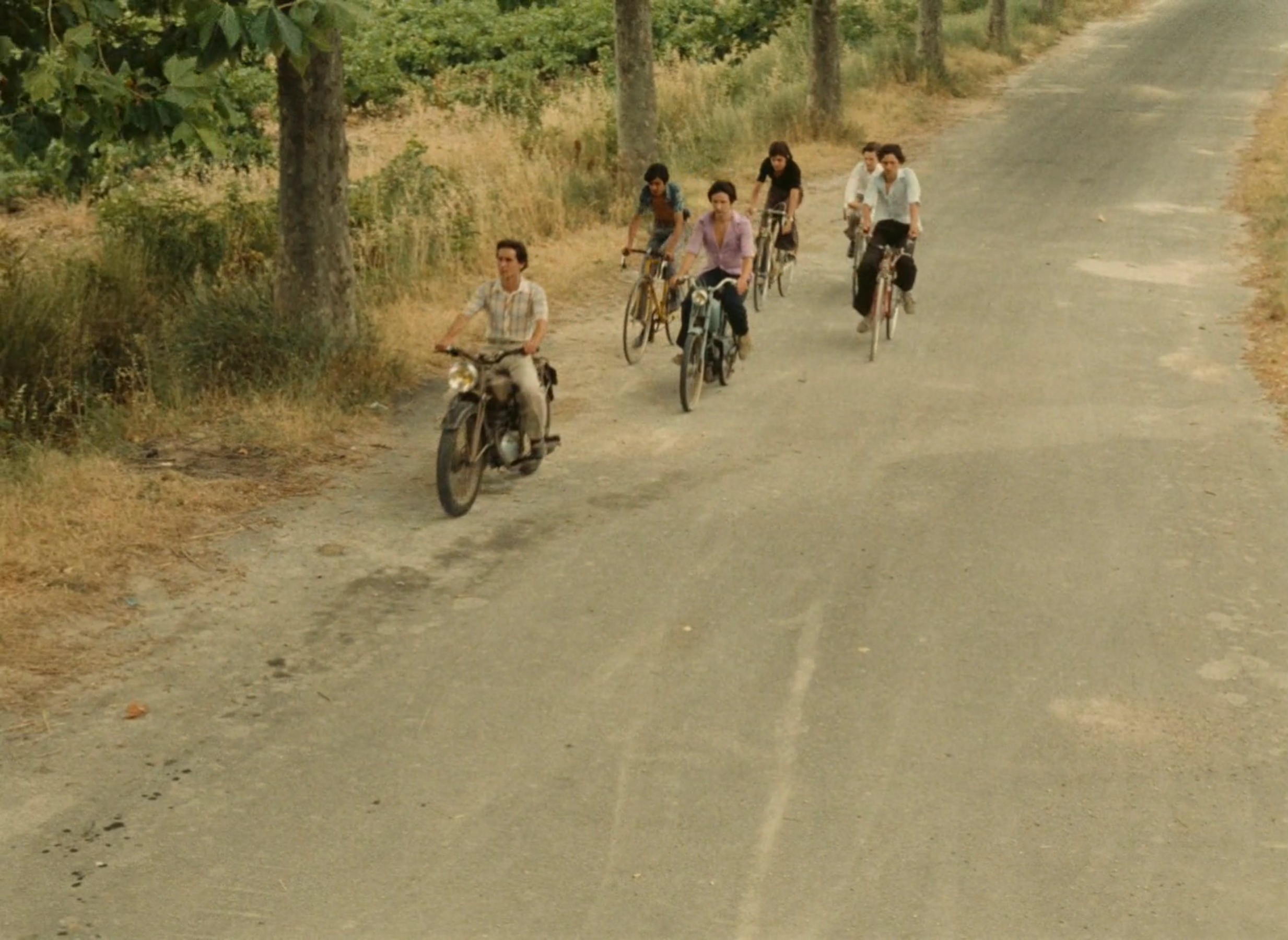
Eustache’s camera is also notably freer than Rohmer’s, mostly tracing the movements of his actors through scenes, while only moving on its accord in two prominent instances. After briefly capturing Daniel lying in bed at his grandmother’s Pessac home in the film’s very first shot, a graphic match cut fades into the next morning, the bed now empty and unmade. Very gradually, it drifts past the patterned wallpaper to an open window, before cutting again to his dresser where it tracks across a small collection of framed black-and-white photos, a carved figurine, and a small painted chest. The motion is not directly attached to any character, but rather reveals the nature of Daniel’s living situation before we properly meet him – this is a child living in the home of an old woman, drastically contrasting against the dark, cramped apartment he will soon occupy in Narbonne.
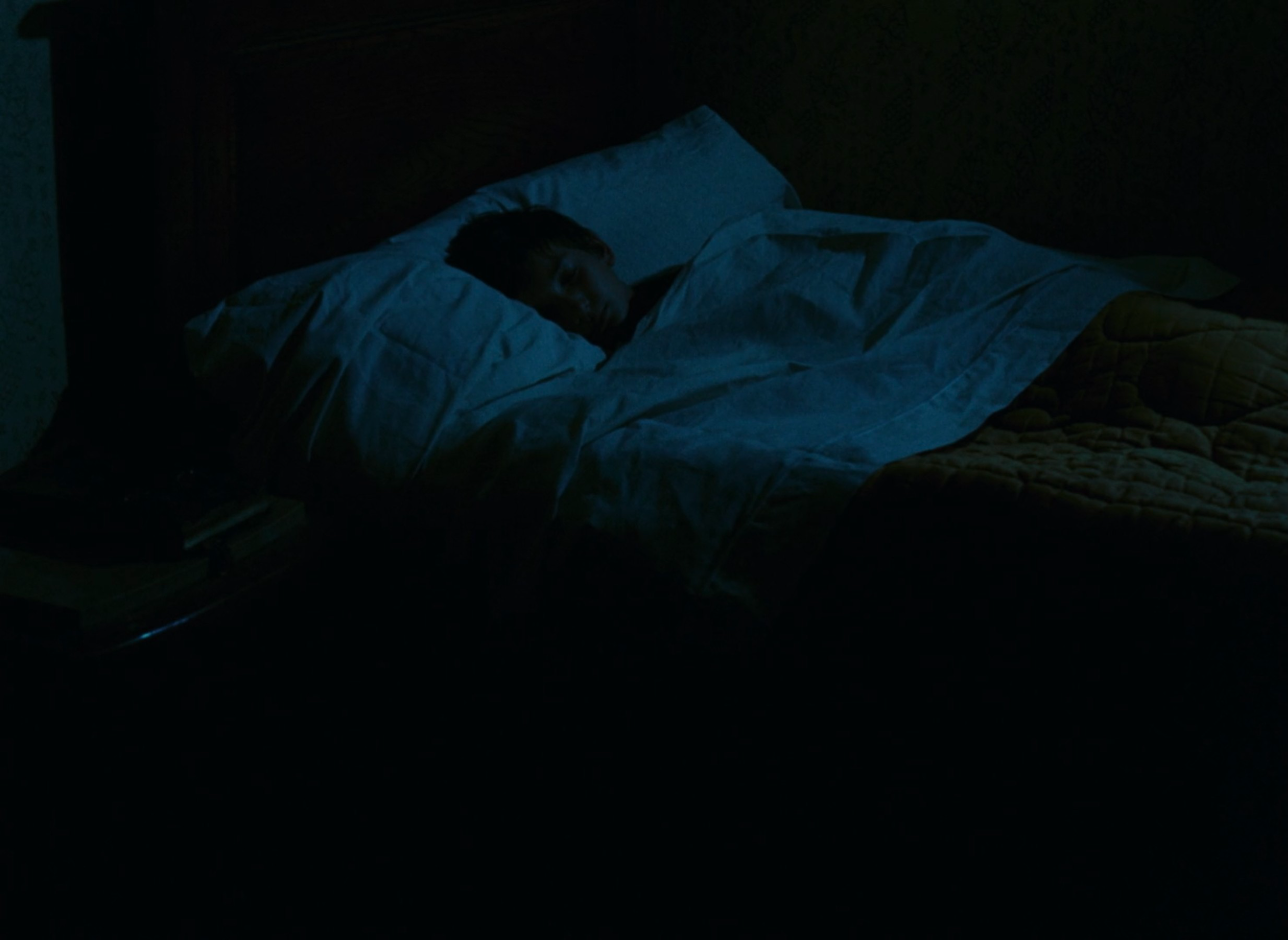
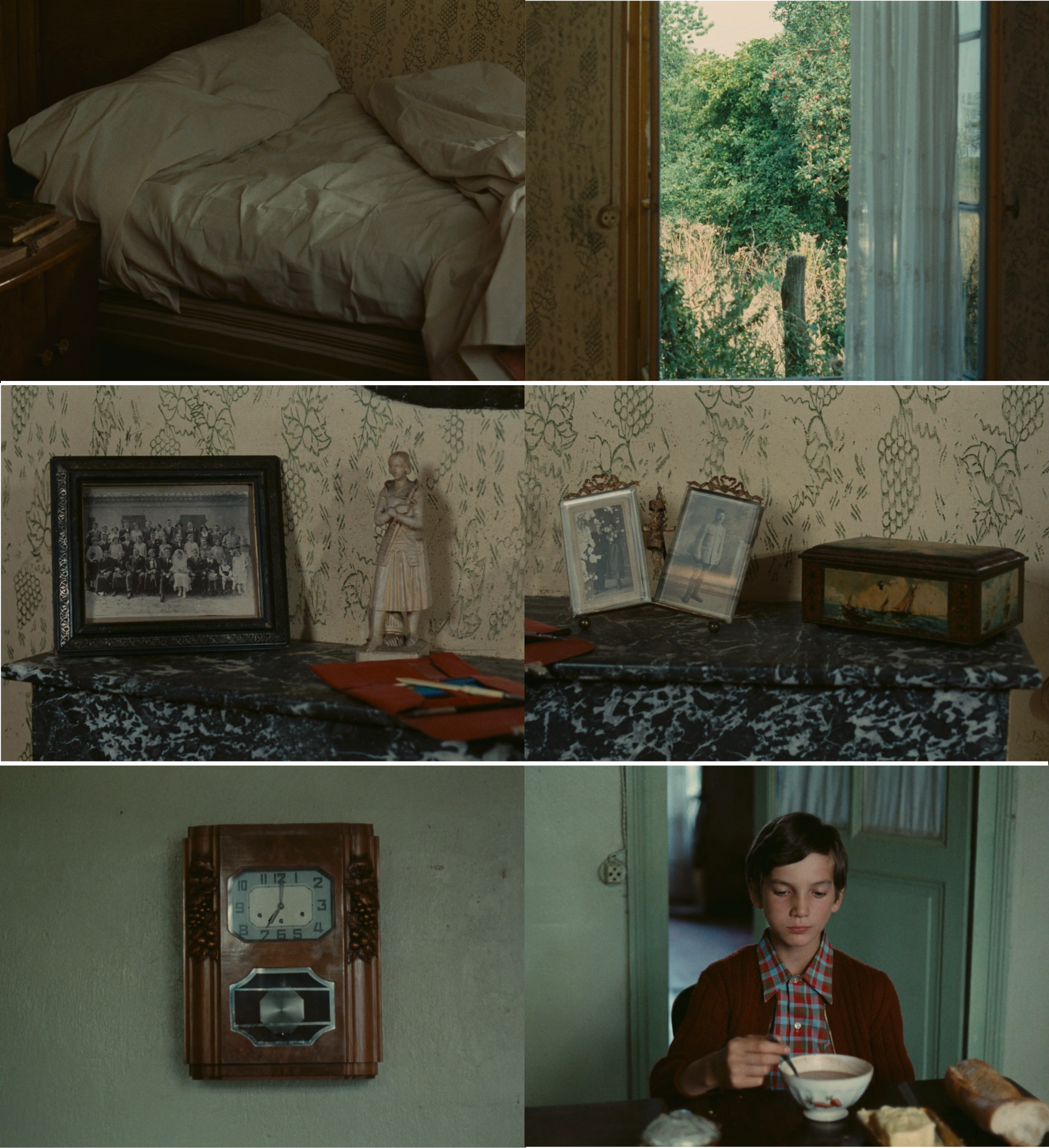
If Eustache’s meandering narrative can be said to have a climax, then the second unmotivated camera movement worth noting in My Little Loves delicately builds it around the kiss shared between Daniel and Françoise, letting us slowly orbit them as they freeze in their romantic embrace. For Daniel, this is the moment where he stops being a child and begins taking charge of his own life, even though he openly admits that he has no idea what he is doing. Upon moving back to Pessac, his attempt to act upon his newfound confidence results only in nonplussed rejection when he gropes one of his friends. Maybe he will one day learn the nuances of sexual consent, or perhaps he will grow up to be as cluelessly entitled as Alexandre from The Mother and the Whore, though that future escapes the scope of Eustache’s wistful ruminations in My Little Loves. This year spent isolated from familiar childhood comforts is a point of transition for Daniel, dense with formative experiences, and tenderly revealing the whiplash of a lonely, confusing, yet stimulating adolescence.
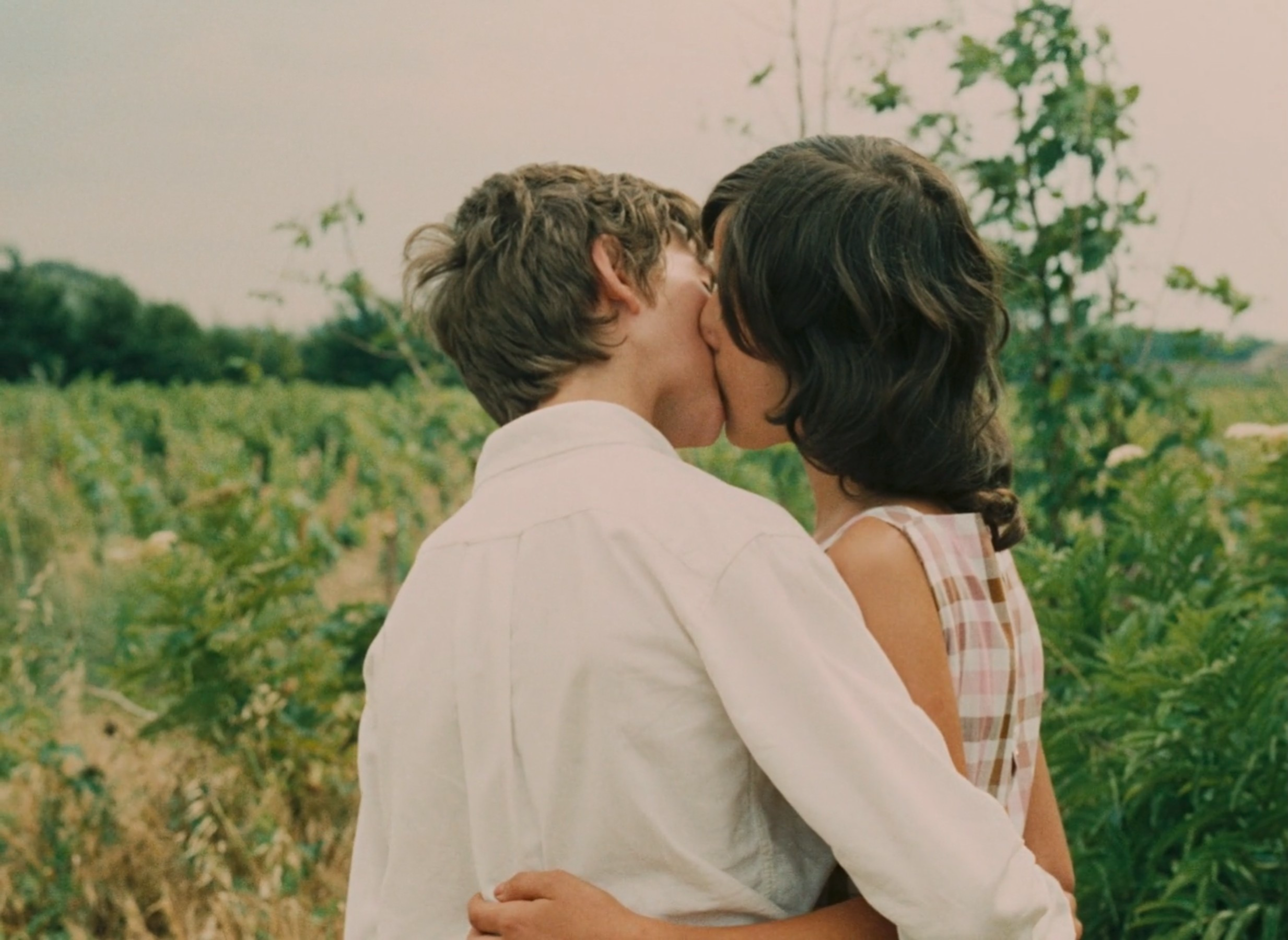
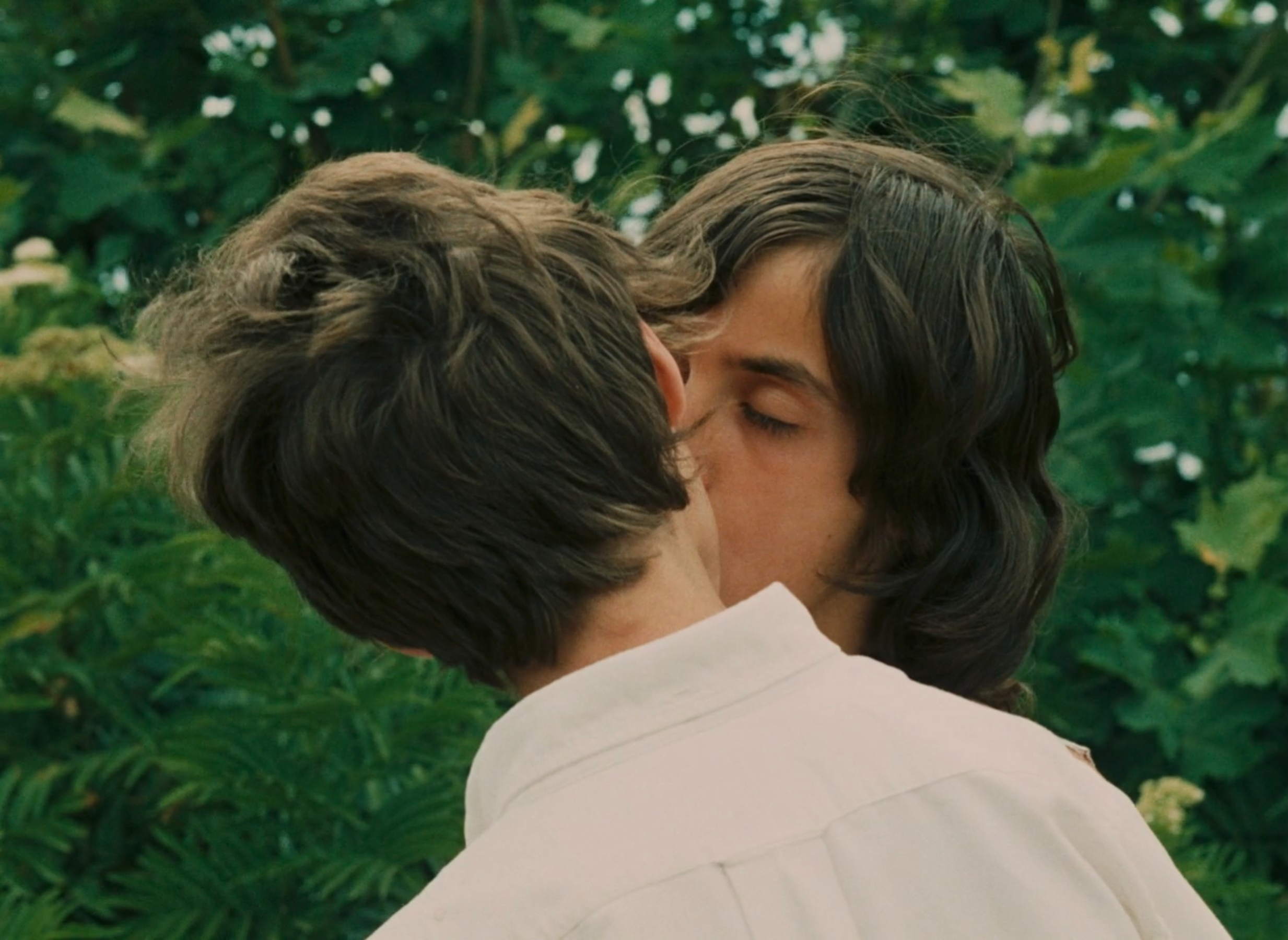
My Little Loves is currently streaming on The Criterion Channel.

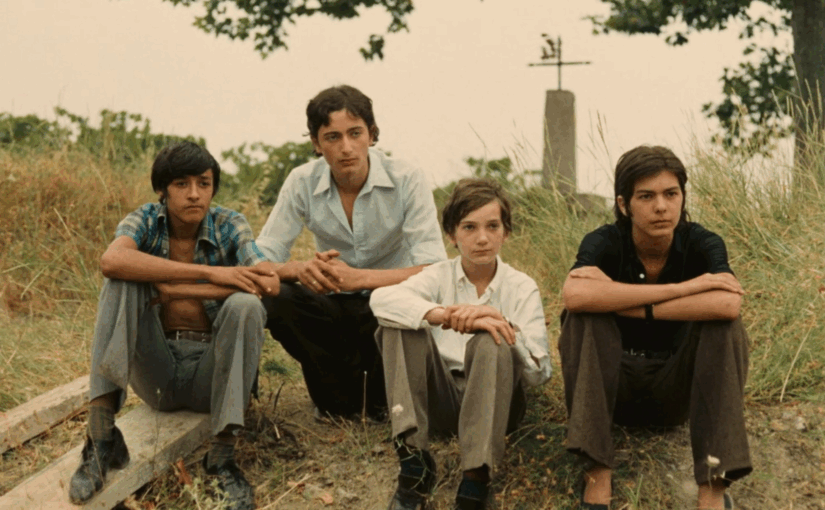
Where did you catch this film? Seems hard to find for me.
The Criterion Channel, should still be on there.